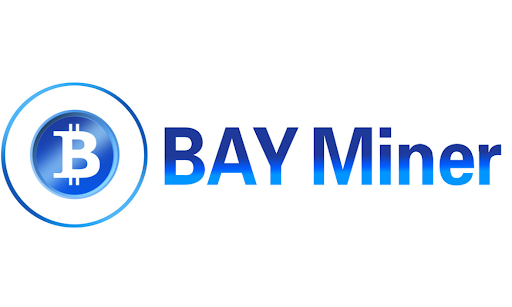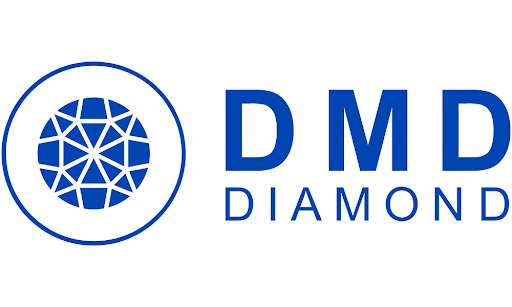Wrapped StETH Drops 2.4 Percent As Lido Faces Record Unstaking Queue

According to Cryptopolitan, Lido DAO experienced its highest unstaking queue in two years as wrapped stETH (WSTETH) fell 2.4 percent to $4,446.47. The token previously peaked above $4,600 during recent market gains. A total of 228,992 ETH awaits unstaking with an average processing time of 71 hours.
The withdrawal rush began after Ethereum rallied above $3,800 for the first time in months. Both institutional and retail investors attempted to exit Lido at rates not seen since 2023. ETH later declined to $3,692.72 as broader market momentum paused. The protocol currently manages over $34 billion in total value locked based on ETH's current valuation.
Why This Withdrawal Wave Matters
The mass unstaking event reflects profit-taking behavior from users who staked ETH at lower price levels. Cryptopolitan reports that investors are seeking to free up assets and realize gains after the recent price appreciation. This creates immediate pressure on WSTETH pricing as supply dynamics shift.
Lido offers 2.8 percent annualized returns through its staking mechanism while issuing stETH and wrapped stETH tokens for DeFi activities. The current withdrawal queue represents the largest exodus from the protocol in 24 months. Trading volumes for WSTETH reached record levels during the price decline, expanding to a three-month high of over $148 million daily through decentralized exchanges.
Broader Industry Impact
The Lido withdrawal surge occurs as liquid staking protocols face intensifying competition across Ethereum. DataWallet data shows Lido's market share has declined 4 percent over six months to 27.7 percent of total staked ETH, despite maintaining 9.41 million ETH under management. Liquid staking overall commands 31.1 percent of the staking market, followed by centralized exchanges at 24.0 percent.
Competition from protocols like ether.fi and Kiln continues to erode Lido's dominance in liquid staking. Meanwhile, institutional adoption remains strong, with CryptoSlate reporting that 70 percent of Ethereum-holding institutions participate in staking, with over half choosing liquid staking solutions. However, centralization concerns affect 78.4 percent of survey respondents due to Lido's market concentration.
The protocol faces additional pressure from restaking alternatives and higher-yielding opportunities that have emerged in 2024. Traditional financial institutions are exploring Ethereum staking through regulated custodians like BitGo, which became the first US-based qualified custodian to support native ETH staking via Lido in July 2025. This institutional infrastructure development may provide longer-term stability despite current retail withdrawal patterns.
Further Reading
For those interested in decentralized governance and liquid staking infrastructure, our comprehensive DAO tooling guide provides detailed analysis of over 100 platforms and tools used in decentralized governance. The guide covers staking protocols, governance mechanisms, and treasury management systems that power today's DeFi ecosystem.





